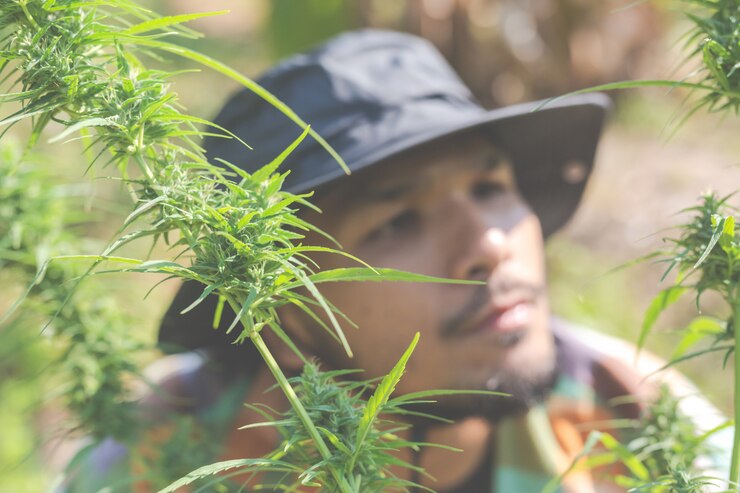Introduction: A Glimpse into Spain Cannabis Laws and the Cannabis Club Scene
Spain stands out in Europe for its distinctive approach to cannabis regulation. While many countries enforce strict drug policies, spain cannabis laws offer a nuanced and tolerant stance, particularly regarding personal use and private cultivation. One of the most notable developments in this framework is the growth of the cannabis club, a private association that provides a legal avenue for shared consumption.
Understanding the Foundation of Spain Cannabis Laws
At the core of Spain cannabis laws is the principle of personal freedom in private spaces. Cannabis consumption is decriminalized when done in a private setting, and individuals are allowed to grow a limited number of plants for personal use. However, public possession and trafficking remain illegal, with fines and possible criminal charges for violations.
This legal structure, while not outright legalizing cannabis, creates a grey area that allows citizens to enjoy certain freedoms without risking major legal consequences—as long as activities remain discreet and non-commercial.
What Is a Cannabis Club?
A cannabis club in Spain is a non-profit organization that allows adult members to collectively grow and distribute cannabis among themselves. These clubs operate privately and maintain strict membership rules. Unlike commercial dispensaries found in places like the U.S. or Canada, a cannabis club in Spain is not open to the general public.
To legally join a cannabis club, members must:
- Be 18 years or older (some clubs require members to be 21)
- Be invited or referred by an existing member
- Have proof of Spanish residency or address
- Pay a membership fee to cover operational and cultivation costs
The Role of the Cannabis Club in Spanish Society
The cannabis club has become a cornerstone of Spain’s cannabis culture, particularly in cities like Barcelona. These clubs provide a safe and regulated environment for cannabis enthusiasts, helping to reduce illegal street sales and ensuring product quality.
Because Spain cannabis laws prohibit the sale of cannabis, these clubs work within a legal loophole by operating as closed-circle cooperatives. Cannabis is not sold, but rather distributed among members who contribute to the cultivation and maintenance process.
Legal Challenges and Future Outlook for Spain Cannabis Laws
Despite their success, cannabis clubs operate in a legally sensitive space. They are tolerated under Spain cannabis laws, but not officially regulated at the national level. Some regions, such as Catalonia and the Basque Country, have introduced their own local regulations, but a nationwide legal framework remains lacking.
There is increasing pressure on the Spanish government to clarify its stance. Some advocates push for full legalization and regulation to ensure consistency and safety, while opponents cite concerns about public health and drug abuse.
Conclusion: The Future of Spain Cannabis Laws and the Cannabis Club Model
Spain offers a progressive yet cautious approach to cannabis. The existence of the cannabis club reflects a society that values personal liberty while navigating complex legal boundaries. As public opinion shifts and calls for reform grow louder, the future of Spain cannabis laws may well include clearer guidelines and broader access—possibly setting a new standard for cannabis policy in Europe.





Comments